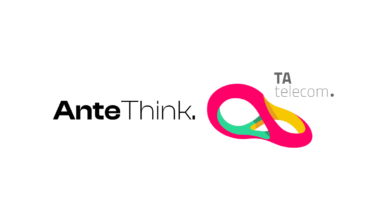
It is necessary for every company to hold a workplace meeting every once in a while. The meetings are essential because it allows interaction for different departments within the company. However, there’s the truth that a lot of meetings are a waste of time when not done properly. On the other hand, a lively, collaborative, and productive meeting can help the company move forward. Here are the three do’s and don’ts that a manager should consider before, during, and after meetings.
3 Do’s For Productive Meeting
-
Use of a Conference Room Scheduling System
A conference room scheduling system is a software that notifies people who are needed in the meeting real time. It also includes features that lets involved parties to know in real time if the meeting was canceled or if the location was changed. This way, miscommunication should be avoided and the meeting would start without any additional problems.
-
List the Meeting Agenda Before Starting
A meeting is an activity where a team discusses things that are important and essential in the company’s operation. To save time, it is recommended to list the agenda of the meeting before it even starts. Add the meeting agenda in the announcement so the involved parties can prepare additional documents when necessary. This way, the team will not be wasting time figuring out what are the things needed to be discussed.
-
Make The Meetings Concise And Brief
When you and your team members can sort problems and plan for solutions quickly, it gives you more time doing more things. Making meetings unnecessarily long will not make it more productive. It can even lead to a lot of distractions, like the discussion straying from the original topic. If there are a lot of topics to be discussed on the agenda, you can opt to divide the topics into different meetings. If a long meeting is needed for clarifying details or brainstorming, make sure to let your team have a break once in a while.
3 Don’ts To Avoid In Meetings
-
Hold Meetings For The Sake Of Schedule
Department meetings every Wednesday or Friday? Weekly management meeting every Monday morning? Monthly meetings at the end of the month? Although it is a good habit to check the teams from time to time, meetings without an agenda and just for the sake of scheduling are time wasted. Only hold a meeting if there are things needing to be discussed.
There are ways to check your teams for notable problems, like talking to the leader and checking on the problems in the department. If there is a notable problem, then that’s the time you’ll need to hold a meeting.
-
Waiting For Other Meeting Participants After The Time Started
All meetings should be started on time, regardless of who can attend or not. Running late is never a valid excuse to wait for someone during a meeting unless the key person is the one who’s running late (it happens in rare cases because of the unforeseen circumstances).
It is also important to mention that holding the time of other people just to wait for a person is not a good idea. If the key person failed to show up 15 to 30 minutes after the meeting started, postponing the meeting and moving it to another time might be a better choice. This is because time is a precious asset, and making the most out of it is essential to the company’s growth.
-
Letting Something Disrupt The Meeting
During a meeting, the focus of everyone participating should be on the topic or issue being discussed. Therefore, meeting disruptions such as a sudden ringing of phones or people doing other jobs while in the room should be avoided. The task of taking notes should be designated to a member of the team and they should focus on it. Notebooks and notepads are good things to have during a meeting.
A meeting is an essential part of the company’s planning and development of projects that will help it grow and expand its operations. In order to improve cooperation, face to face interaction is needed. To call it a success, the agenda listed should have solutions and finalization by the end of the meeting.



